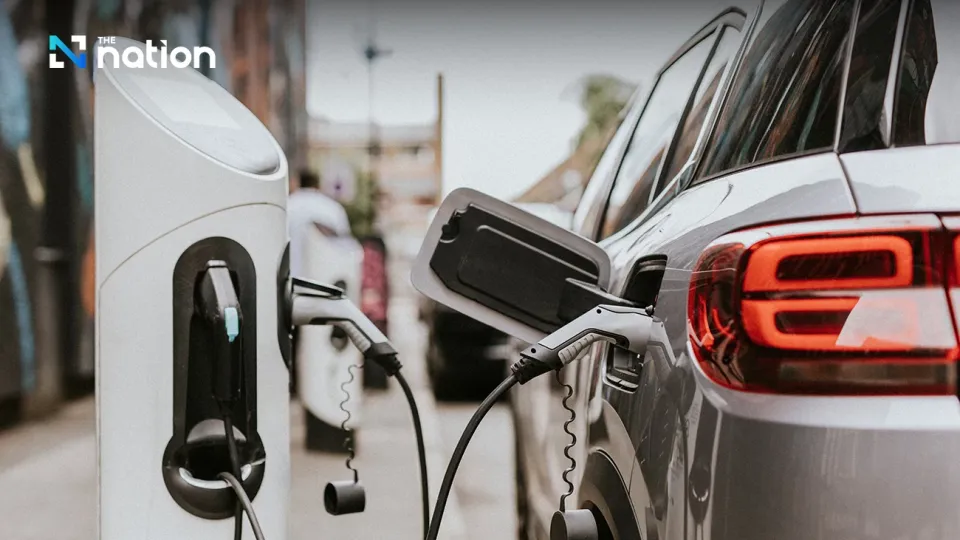August 27, 2024
BANGKOK – The study reveals a burgeoning EV market in six Southeast Asian nations. The comprehensive study, which covered Thailand, Indonesia, Vietnam, Malaysia, Singapore and the Philippines, found a significant increase in both EV adoption and local manufacturing efforts.
It indicates that passenger EV sales more than tripled in 2023, reaching an impressive 153,500 units. This surge is largely attributed to supportive government policies and the growing presence of Chinese automakers in the region. Thailand emerged as a frontrunner, with EV sales quadrupling to 86,400 units.
Komal Kareer, associate for clean transport (South and Southeast Asia) at BloombergNEF, noted, “The increasing competition between new and incumbent automakers, coupled with falling battery manufacturing costs, is set to further accelerate EV adoption over the coming decades.”
While the passenger EV market flourished, the electric two-wheeler sector experienced a slowdown, growing by a modest 3.8% in 2023. Vietnam maintained its dominance in this segment, accounting for more than 80% of electric two-wheeler sales in Southeast Asia.
Looking ahead, BloombergNEF’s Economic Transition Scenario projects passenger EV sales to reach nearly 2.7 million units by 2040, representing 56% of total vehicle sales.
However, the report cautions that internal-combustion engine vehicles will still comprise 76% of the region’s fleet in 2040, suggesting that governments may need to intensify efforts to meet their net-zero targets.
The report also underscores the pressing need for investment in EV charging infrastructure. By 2040, electricity demand from EVs is forecast to soar to 85 terawatt-hours, up from a mere 322 gigawatt-hours in 2023.
To support the growing EV fleet, the region will require around 11.5 million chargers and a cumulative investment of US$3.1 billion by 2040.
As Southeast Asian nations continue to embrace electric mobility, the landscape of the automotive industry in the region appears poised for a transformative shift, with Chinese manufacturers playing a pivotal role in shaping this electric future, the report concluded.


